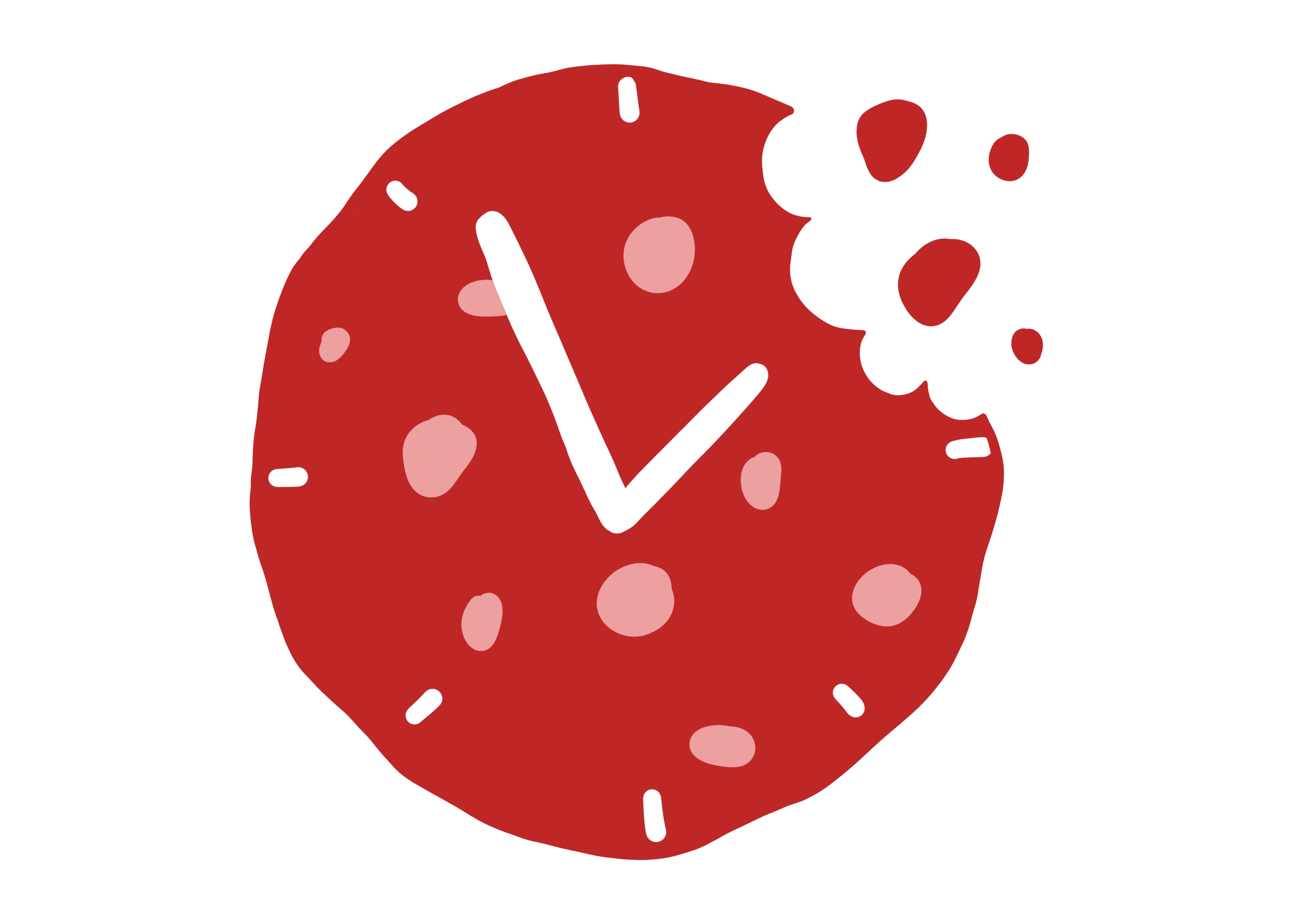In our article "When your website becomes a Trojan for the interests of third parties" (October 7, 2025), we described what can happen in the background when a user visits a website.
In summary, when a user visits a website, pages can be loaded unnoticed and third-party cookies can be set before the user has even given their consent.
Website operators are legally obliged to document all these data processing operations transparently in their privacy policy. However, they themselves are often unaware of the external services provided by the service providers they have commissioned for their website (e.g. for appointment management, statistics or payments). If the data processing procedures are not correctly documented in the privacy policy or third-party cookies are set without consent, there is a risk of high fines, warnings and loss of trust from customers.
JOUO uncovers these hidden page views and third-party cookies so that you, as a website operator, can design your privacy policy correctly and completely and, if necessary, take action against unlawfully set third-party cookies from your service providers.
To check this quickly and easily, you can now view a timeline of your website's loading process in JOUO:
You can see when something loads visually on your homepage and, above all, when external pages are called up in the background and third-party cookies are set. In this example, you can clearly see that a cookie has already been called up at 0.8 seconds (the red one), whereas the consent banner for accepting cookies was only loaded after 1.9 seconds in the last screenshot.
This is a clear violation of the General Data Protection Regulation (e.g. Article 7: Conditions for consent) and can cost you 4% of your global annual turnover in fines.
If cookies are set too early on your website without the user's consent, you must ensure that your website's scripts are adapted: all tracking scripts must be blocked until consent is given. With some tracking tools (e.g. Google Tag Manager), it is not enough to simply adjust the code on the website - the consent settings must also be configured in the respective tool itself. If you cannot make these adjustments yourself, contact the respective technical service provider that you have commissioned for your website. As this is a GDPR violation and should be rectified immediately, you can also specify a clear deadline (e.g. 7 days) for rectification.
JOUO uses publicly viewable data to find third-party cookies that are not set in compliance with the law, which means that others can also find them out. They can either report you to the data protection authority, sue you for damages or issue a warning against you as a competitor.
But JOUO is on your side! #DoNotFightAlone
So register yourself and your website at app.jouo.de today and check the background of your website before others do.

